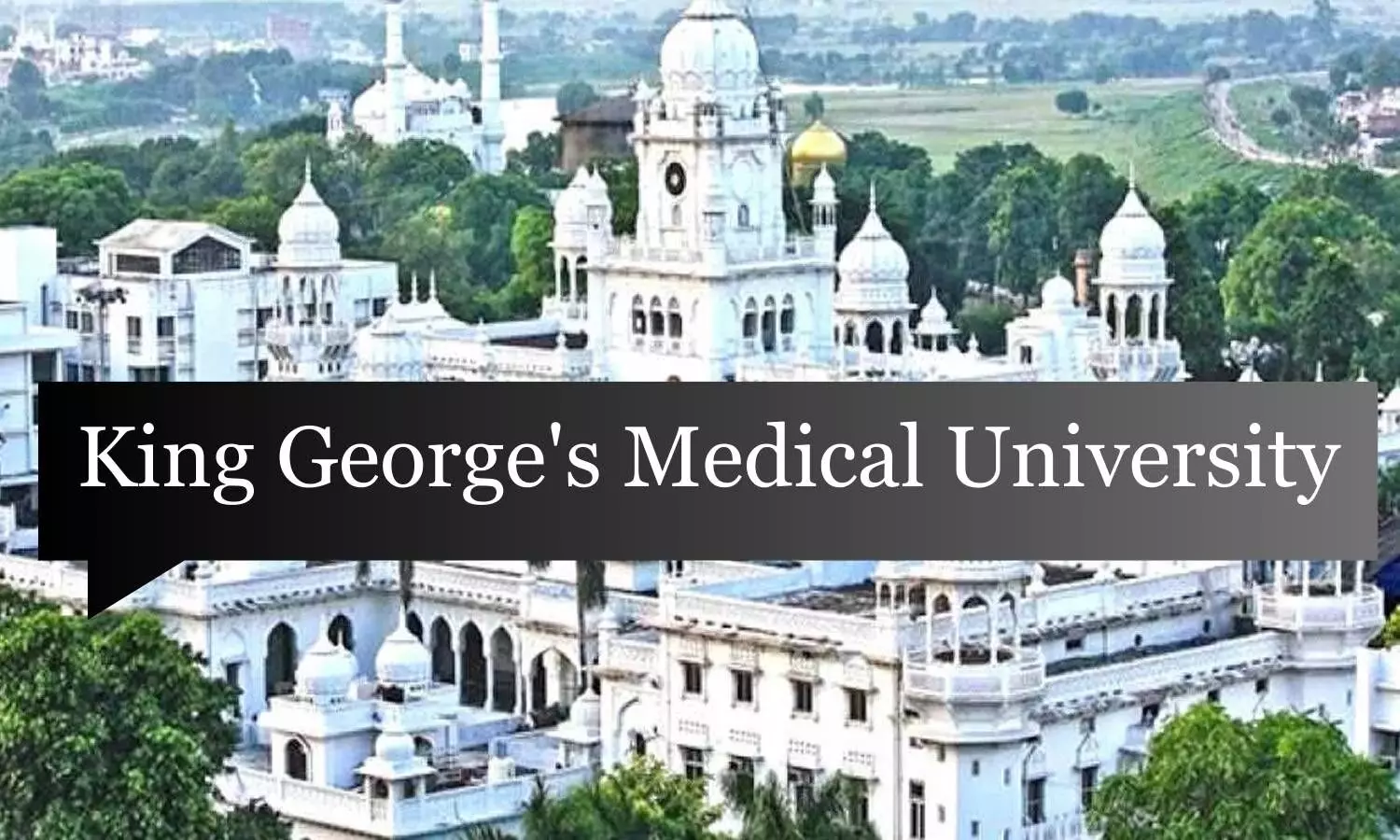- Home
- Medical news & Guidelines
- Anesthesiology
- Cardiology and CTVS
- Critical Care
- Dentistry
- Dermatology
- Diabetes and Endocrinology
- ENT
- Gastroenterology
- Medicine
- Nephrology
- Neurology
- Obstretics-Gynaecology
- Oncology
- Ophthalmology
- Orthopaedics
- Pediatrics-Neonatology
- Psychiatry
- Pulmonology
- Radiology
- Surgery
- Urology
- Laboratory Medicine
- Diet
- Nursing
- Paramedical
- Physiotherapy
- Health news
- AYUSH
- State News
- Andaman and Nicobar Islands
- Andhra Pradesh
- Arunachal Pradesh
- Assam
- Bihar
- Chandigarh
- Chattisgarh
- Dadra and Nagar Haveli
- Daman and Diu
- Delhi
- Goa
- Gujarat
- Haryana
- Himachal Pradesh
- Jammu & Kashmir
- Jharkhand
- Karnataka
- Kerala
- Ladakh
- Lakshadweep
- Madhya Pradesh
- Maharashtra
- Manipur
- Meghalaya
- Mizoram
- Nagaland
- Odisha
- Puducherry
- Punjab
- Rajasthan
- Sikkim
- Tamil Nadu
- Telangana
- Tripura
- Uttar Pradesh
- Uttrakhand
- West Bengal
- Medical Education
- Industry
Paediatric trauma section to be set up at KGMU

Lucknow: The King George's Medical University (KGMU) in Lucknow has approached AIIMS, Bhopal to start paediatric trauma section at KGMU.
A knowledge-sharing plan is being worked upon where resident doctors will visit Bhopal and learn how the paediatric trauma emergency works over there.
Prof Ajai Singh, director of AIIMS, Bhopal, who was here recently, said, that up to 35 per cent of serious injuries among children remain overlooked, leading to greater trouble and even permanent disability later on.
Also Read:Prof Soniya Nityanand takes charge as vice-chancellor of KGMU Lucknow
“Internationally over 25 per cent paediatric injuries are missed, but in our country the ratio is 35 per cent. This is because we lack focus on injuries among children and often lack of training to identify such injuries makes the job tough,” said Prof Singh.
“Paediatric trauma cases need a different kind of speciality/ability to diagnose the injury. Children are unable to tell specifically and keep crying out of shock and pain, and here is the role of expert,” he added.
Prof Singh who has established India’s first paediatric trauma wing at the AIIMS, Bhopal added, “Injury in a child is different than an adult. The point of swelling might not be the same as injury is. Hence learning to make diagnosis for paediatric trauma helps in better and speedy treatment.”
According to Dr Singh, the solution to the issue is not separate centres for treating paediatric trauma but separate wards and separate and trained staff.
“Available diagnostic such as X-ray, CT scan and pathology can be used. The only difference is upon reaching triage area adult and paediatric patients are to be handled by separate staff,” he explained.
Medical Dialogues team had earlier reported that in a bid to provide relief to patients in need of platelet transfusions, the government-run King George's Medical University (KGMU) has set up a blood donor registry booklet consisting of 6000 voluntary donors who want to donate platelets in emergency cases.
Kajal joined Medical Dialogue in 2019 for the Latest Health News. She has done her graduation from the University of Delhi. She mainly covers news about the Latest Healthcare. She can be contacted at editorial@medicaldialogues.in.



